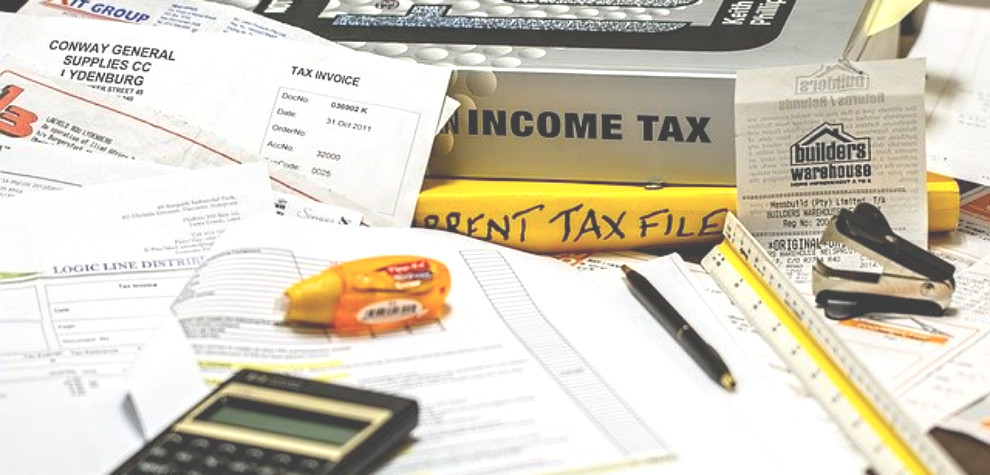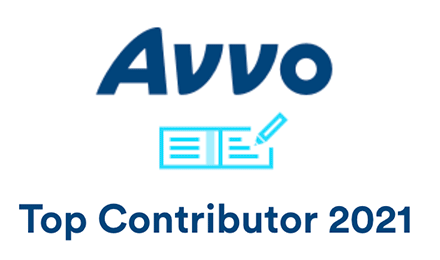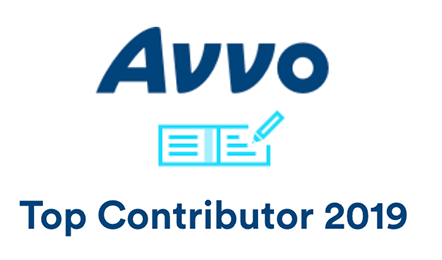Many people find it shocking that the Internal Revenue Service (IRS) can take money directly from their bank account. However, it is a legal and sometimes necessary procedure that the government uses to collect owed tax dollars. This is called an IRS bank levy. The IRS is a government agency that is responsible for collecting taxes and enforcing tax laws in the United States. If a taxpayer does not pay their back taxes after receiving notices and inquiries, the IRS may need to take measures into their own hands. As such, they may seize the money from your bank account to satisfy the tax debt you owe.
The IRS only turns to this extreme measure as a last resort. However, if it comes down to it and you receive a notice that the IRS plans to levy your account, you must act fast. Here at The Manassas Law Group, we can help prevent the IRS from taking money from your account. We encourage you to speak with our qualified Manassas bankruptcy attorneys as soon as possible to identify your legal needs and begin developing a legal strategy.
What is an IRS bank levy?
So by now you know that the government can, in fact, seize money from your account. They do this by use of a tax levy. A levy is defined as the seizure of property or assets by the IRS to fulfill a tax debt. This means that not only can they seize money from your bank account, but they can also take and sell your property.
Though it is possible for the IRS to levy physical property and sell it to repay your back taxes, they are more likely to garnish wages or levy bank accounts. This is because the seizure of property and assets isn’t nearly as cost effective as taking money straight from your account.
How does the IRS levy a bank account?
So how exactly does the IRS levy your bank account?
Before they are able to deduct from your account, the IRS will need to have sent multiple notices alerting you of your debt. Once you receive these notices, you will receive a grace period. During this grace period, you will receive information for how to resolve the issue with the IRS before they move on to levying your account.
After several unsuccessful attempts at reaching you and collecting your overdue taxes, the IRS will issue a notice with their intent to levy. This notice is what is called the Final Notice of Intent to Levy and Notice of Your Right to A Hearing. Once they issue the notice of intent, you will receive an additional 30 days to resolve your debt with the IRS before they go through with seizing the money from your account.
One way they go about this is by tracing your bank details from previous tax returns. They also might track down your account by scanning accounts linked to your social security number. Once they locate your account, they will contact your bank and request that they freeze your funds for 21 days.
This temporary, 21-day hold doesn’t remove any money from your account, but instead prohibits you from accessing it. It grants you a small amount of time to resolve ownership issues concerning the account, if any.
What assets can the IRS legally seize to satisfy tax debts?
The IRS can legally seize just about any asset of yours that has value and can be resold for cash. Whatever you do not need for your own basic survival or shelter, the IRS is able to seize. This might be anything from fine jewelry to a car or a boat to real property, like your home. Some more eligible assets for seizure or garnishing include second or vacation homes, retirement accounts, life insurance policies, social security benefits, and more.
Once the IRS seizes your physical assets, you generally have no way to reclaim them. The items will sell relatively quickly, as the IRS wants to satisfy the debt you owe as fast as possible. Most often, this is done through a public auction. The money raised from the sale of your assets will go toward your tax debt.
What happens if the IRS wants more details about your bank accounts?
There are situations in which the IRS might want more details about your bank account. They may want to learn more about some of your transactions. Observing this information might alert them to assets you could use to pay off your debt.
If the IRS is seeking more information about your account, the first thing they would do is ask you for these records directly. If you refuse to supply the information or fail to reply at all, they may summon the records straight from your bank. Your bank must comply with these summons.
How many times can the IRS levy your bank account?
There is not a limit placed on the IRS for how many times they can levy your account. It is likely that they will continue to levy funds until you make an arrangement to pay back your owed taxes. However, it is worth noting that the IRS has a 10-year statute of limitations for collecting debts. So once that 10 years is up, they cannot continue taking money out of your account or wages.
It is also important to note that this is not a standing levy, meaning it won’t stay in effect permanently. That way, you can deposit money the day after receiving a notice of intent to levy without it being automatically frozen in your account. A levy attaches to funds once the bank processes it. If the IRS attempts to issue another levy, it will take some time for the bank to actually process and return it.
How long does it take to remove a levy or wage garnishment?
When the IRS levies your bank account or garnishes your wages, you have ways to remove these measures. By paying off your back taxes or setting up an agreement with the IRS, you may be able to get the IRS to remove the levy.
If you establish a payment agreement, the IRS will likely release the levy immediately. That is, unless, you haven’t already gotten a payment extension.
Generally, the IRS will give you 60 days to pay off the balance or reach some kind of payment agreement. However, if you request an extension, you may receive an additional 120 days to pay off the balance. If they grant you the extension, you can also ask to have the levy release the levy or garnishment.
Simply put, you are able to remove a levy or wage garnishment in as much time as it takes to call the IRS and request a payment extension.
Call The Manassas Law Group Today
The Manassas Law Group has been helping people in Manassas and other parts of Virginia for decades. Our attorneys are knowledgeable about matters such as an IRS bank levy or wage garnishments. If you have questions about levies and what all the IRS is able to do to satisfy your tax debt, call our Manassas bankruptcy attorneys today. You can reach us at 703-361-8246 or visit our website to arrange your consultation.
















